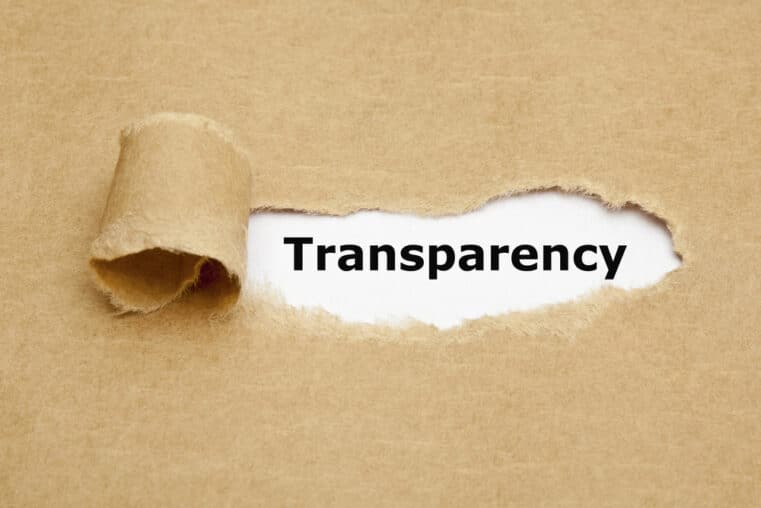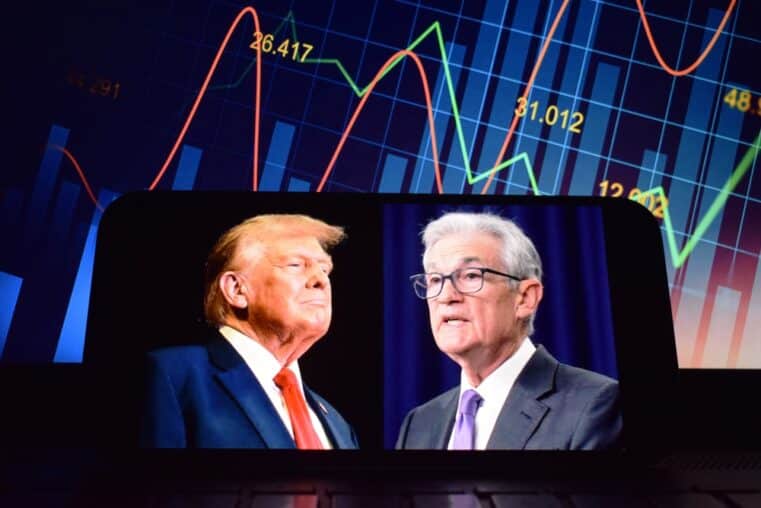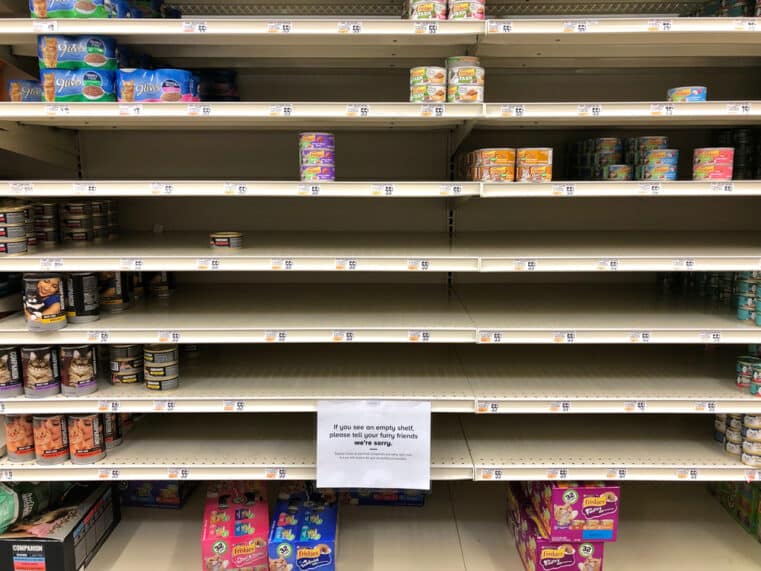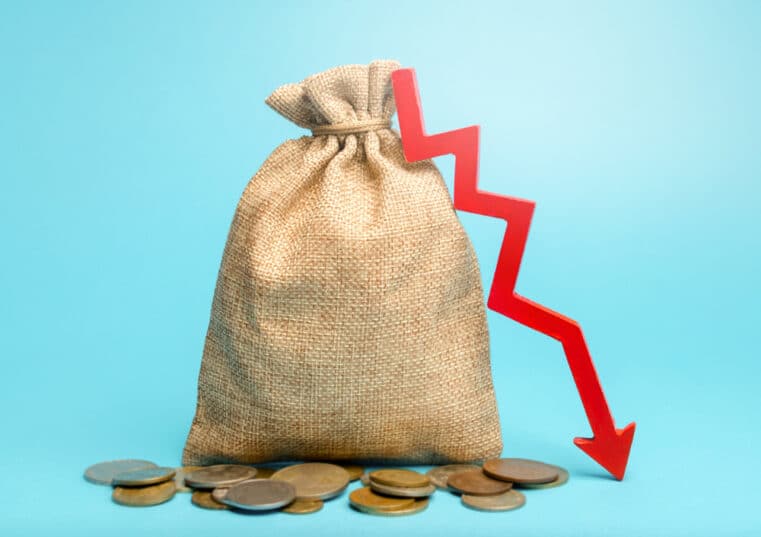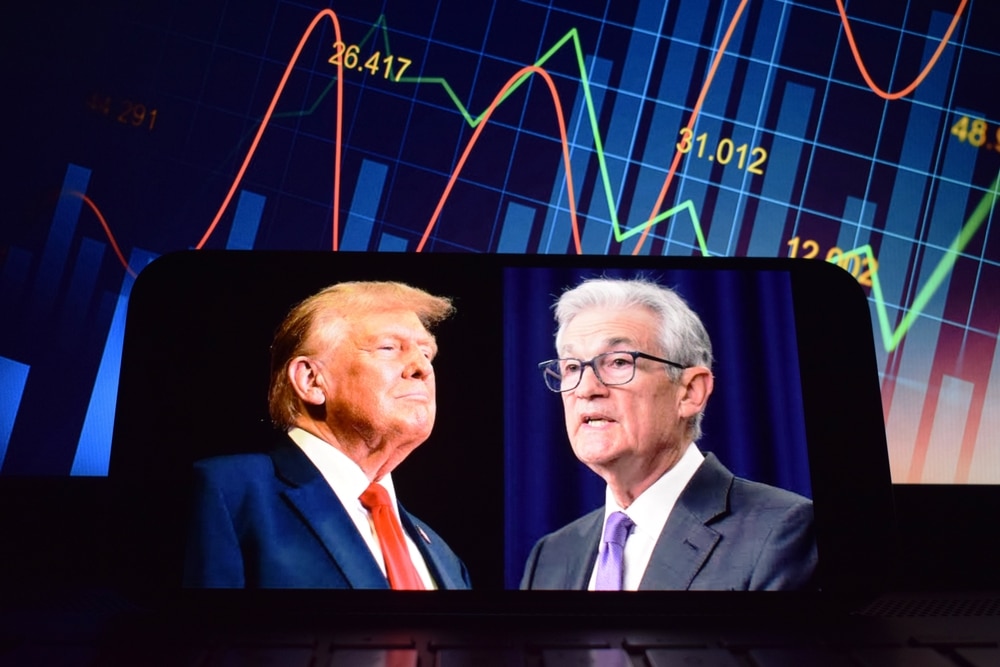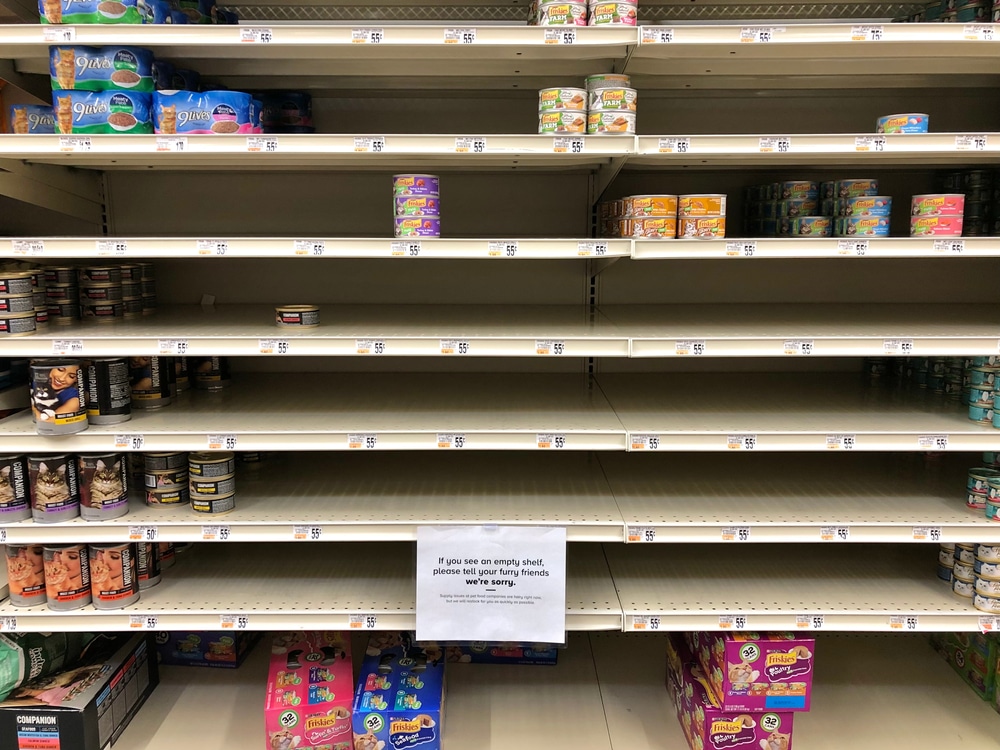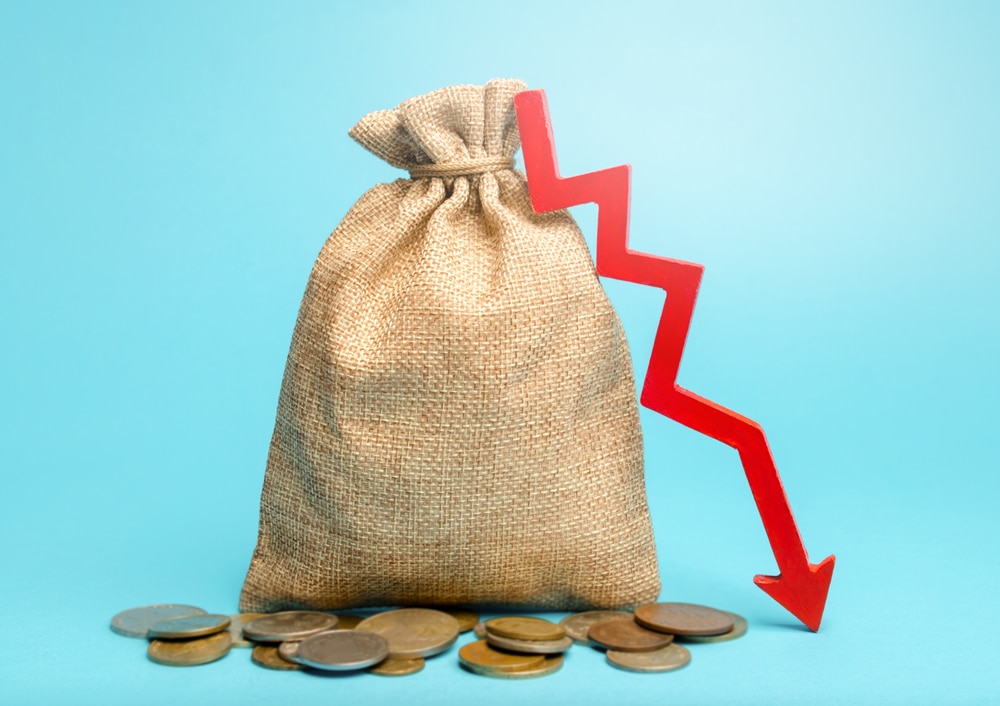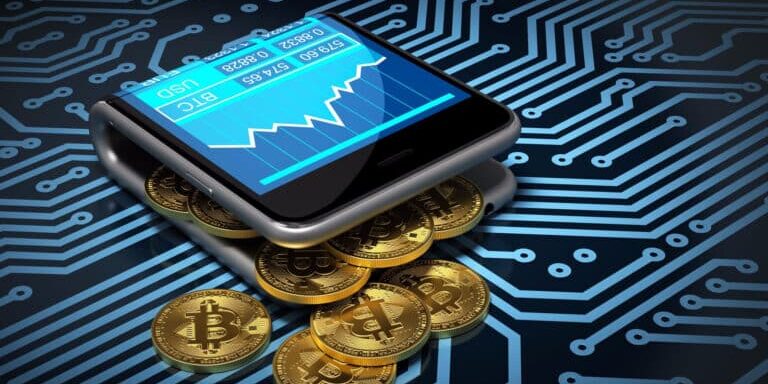
Cryptocurrencies, a Free-Market Ally to Gold
Although we privilege gold and silver over cryptocurrencies for the very reason that the metals, as sound assets, have stood the test of time, we nevertheless pay attention to cryptomarkets for another important reason: they stand as “new” measures of mass discontent and resistance toward government and central bank monetary policies.
A strange techno-synthetic “ally” to gold and silver, cryptomarkets stand as a private free-market alternative to the monopolized space in which fiat money practically does government’s bidding at the expense of the individual using it.
Last week’s Fed rake hike caused a steep plunge in bitcoin and cryptocurrency prices...only to be recovered in less than a day.
Upon the announcement of Yellen’s second rate hike this year, bitcoin plunged 15% while ethereum and other digital currencies plunged an average of 25%. Within 18 hours, bitcoin, the largest and most popular of them all, recovered its price. Other digital currencies soon followed suit.
What does this reaction tell us? It tells us that a large number of investors are now considering bitcoin and other cryptocurrencies as forms of safe haven assets, like gold and silver. Although gold and silver haven’t fully recovered their price levels after the rate hike, neither have they broken key support levels, indicating not only a continuing uptrend, but a correction allowing investors to get in at a value price.
Unlike most fiat currencies, the purchasing power of bitcoin “increases” over time--it is therefore, “deflationary.”
In 2013, a $300,000 home would have cost you 3,000 bitcoins. Today, the same $300,000 home would cost you approximately 117 bitcoins. Bitcoin’s market cap, large as it already is, is expected to further expand over the coming years as people slowly get accustomed to its increasing use and popularization.
Cryptomarkets are creeping up all over the world as dissatisfaction with governments and central banks intensifies.
Last year’s demonetization of the the Indian rupee, which had a profound and devastating impact on Indian society, resulted in a large upward surge in bitcoin prices--$818 in India’s largest bitcoin exchange, in contrast to $709 in American exchanges. From 2014 to 2016, the number of bitcoin accounts in Venezuela rose by an astounding 18,888%, from 450 to 85,000 accounts!
Although governments and central banks are not necessarily keen on adopting bitcoin or any of the other existing cryptocurrencies, they have begun working with blockchain technology to develop their own centralized digital currencies.
What will happen when the next economic downturn comes?
On average, we experience economic downturns once every ten years. This year marks the 10-year anniversary of the 2007/2008 financial meltdown. Following last week’s rate hike, if the US economy reacts poorly to additional future hikes, and should the Fed reverse their current decision, alternative currencies and precious metals may turn even more bullish.
Outside of the US, negative interest rates (Europe) and other fiat demonetization efforts in developing nations continue to support the increasing demand for alternatives, be it cryptocurrencies or precious metals.
As Olga Skorobogatova, Deputy Governor of the Russia’s central bank noted, digital currencies are “the future.” And we see such a future developing as nations and central banks are beginning to develop strategies in an attempt to corner the digital monetary domain.
But the future of money and the battle for non-centralized assets will play out across a much wider field than government realizes. People don’t desire the digital embodiment of money merely for the convenience that it may bring. They desire the privacy, freedom, and safe haven protection that any alternative--digital or not--may establish in their lives. That is, safety from institutional intervention and manipulation. Again government misses the point.
The future of money will materialize in any form capable of embodying its true essence as a functionally sound medium of exchange.




